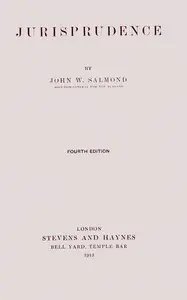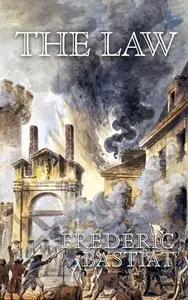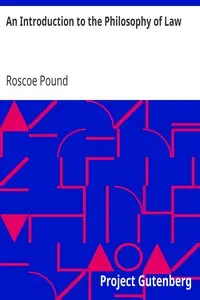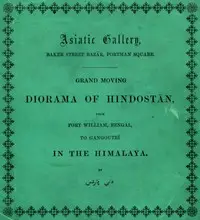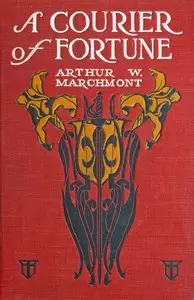"The Path of the Law" by Oliver Wendell Holmes, Jr. is a late 19th-century essay that explores the essence of law as a forecasting tool for social order, carefully separating legal duties from ethics. Holmes investigates law, portraying it as a prediction of the repercussions people might encounter for their behaviors, rather than an unchanging set of morals. The author puts forth the idea that law is mainly about anticipating how courts will respond to certain acts, framing legal duties as predictions of social responses instead of moral necessities. He critically assesses the habit of mixing legal principles with moral beliefs, contending that such uncertainty often results in errors in legal thinking; through detailed examinations of topics such as agreements, civil wrongs, and legal responsibilities, he demonstrates how legal language can confuse lawyers if approached from a purely moral viewpoint. Holmes promotes a precise, logical method for studying law, prioritizing its real-world effects over its past or moral foundations, emphasizing his conviction in law as a changing structure that mirrors social needs.

The Path of the Law
By Oliver Wendell Holmes
Discover a world where law is not about right and wrong, but about predicting the consequences of your actions in the eyes of the court.
Summary
About the AuthorOliver Wendell Holmes Jr. was an American jurist who served as an associate justice of the U.S. Supreme Court from 1902 to 1932. Holmes is one of the most widely cited and influential Supreme Court justices in American history, noted for his long tenure on the Court and for his pithy opinions—particularly those on civil liberties and American constitutional democracy—and deference to the decisions of elected legislatures. Holmes retired from the Court at the age of 90, an unbeaten record for oldest justice on the Supreme Court. He previously served as a Brevet Colonel in the American Civil War, in which he was wounded three times, as an associate justice and chief justice of the Massachusetts Supreme Judicial Court, and as Weld Professor of Law at his alma mater, Harvard Law School. His positions, distinctive personality, and writing style made him a popular figure, especially with American progressives.
Oliver Wendell Holmes Jr. was an American jurist who served as an associate justice of the U.S. Supreme Court from 1902 to 1932. Holmes is one of the most widely cited and influential Supreme Court justices in American history, noted for his long tenure on the Court and for his pithy opinions—particularly those on civil liberties and American constitutional democracy—and deference to the decisions of elected legislatures. Holmes retired from the Court at the age of 90, an unbeaten record for oldest justice on the Supreme Court. He previously served as a Brevet Colonel in the American Civil War, in which he was wounded three times, as an associate justice and chief justice of the Massachusetts Supreme Judicial Court, and as Weld Professor of Law at his alma mater, Harvard Law School. His positions, distinctive personality, and writing style made him a popular figure, especially with American progressives.

